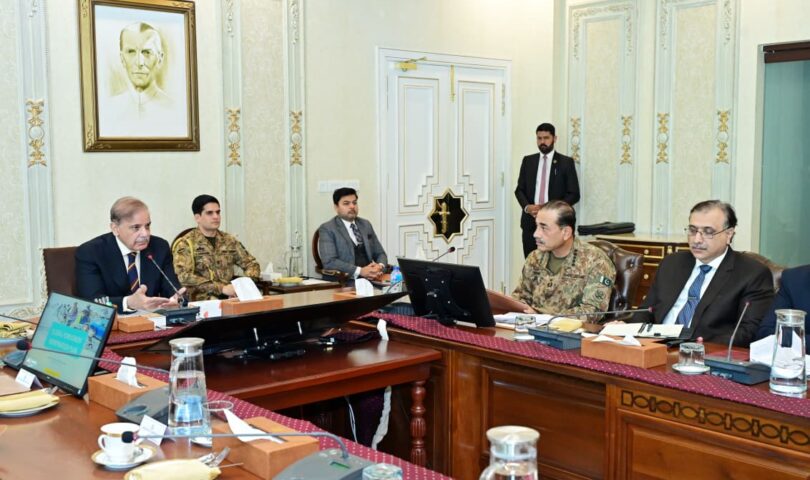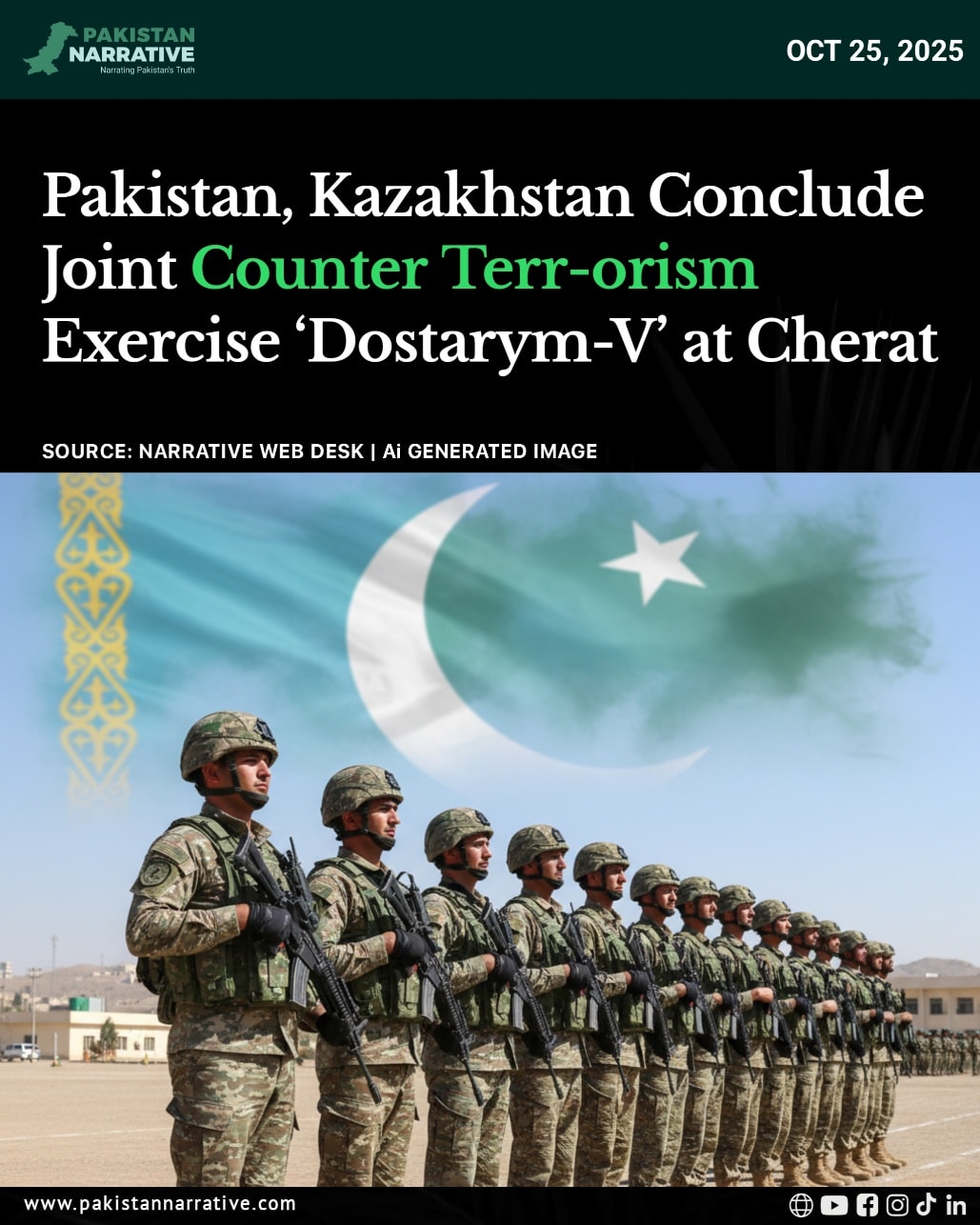ISLAMABAD: Prime Minister Shehbaz Sharif on Thursday presided over a high-level meeting on the repatriation of Afghan refugees, attended by Chief of Army Staff Field Marshal Syed Asim Munir, federal ministers, provincial chief ministers, the Prime Minister of Azad Jammu and Kashmir, and senior officials from the federation and provinces. The Chief Minister of Khyber Pakhtunkhwa was represented by Muzzammil Aslam.
Welcoming participants, the prime minister said that he had spoken to newly elected KP Chief Minister Sohail Afridi by phone a day earlier, congratulating him and assuring complete federal support. “Khyber Pakhtunkhwa is an important unit of the federation, and the federal government is committed to working with the provincial government for the welfare and development of its people,” he said.
Pakistan’s sacrifices and concerns
Highlighting Pakistan’s decades-long role in hosting Afghan refugees, Shehbaz stressed that Pakistan had always stood by Afghanistan in times of crisis. He reminded that Pakistan lost thousands of lives and suffered billions of dollars in economic losses during the war on terror.
“It is deeply concerning that Afghan soil is still being used for terrorist attacks against Pakistan, with Afghan nationals involved in many of them,” he noted, adding that multiple visits by the deputy prime minister, foreign minister, defence minister, and other senior officials to Kabul had focused on pressing the Afghan interim government to stop such cross-border terrorism.
The prime minister also underlined that the Pakistani people, who sacrificed their loved ones in the fight against terrorism, are now asking how long the country will continue bearing the burden of Afghan refugees.
Read More: India Cuts Russian Oil Imports by 50% After U.S. Talks
Repatriation process and directives
The forum was briefed that the phased repatriation of Afghan refugees is already underway. As of October 16, 2025, a total of 1,477,592 Afghans had been sent back. Authorities made it clear that no further extensions would be given, and only those Afghans holding valid Pakistani visas would be allowed to stay.
Exit points on the Afghan border are being expanded to ensure a smoother and faster return process. Officials also cautioned that providing shelter to illegal Afghan nationals in Pakistan or allowing them to stay in guesthouses is a criminal offence. Public participation will be sought in identifying such violations.
Prime Minister Shehbaz directed that the repatriation process must be carried out respectfully, particularly ensuring dignified treatment for elders, women, children, and minorities.
Regional security and military response
Commenting on recent tensions, Shehbaz said Afghanistan’s recent aggression and its tacit support for Khawarij infiltration into Pakistan were “deeply concerning.” He praised Pakistan’s armed forces for giving a befitting response.
“Under the leadership of Field Marshal Syed Asim Munir, our brave forces have repelled Afghan attacks and proven — just as they did during Indian aggression — that they know how to defend the motherland with professional excellence,” he said.
Provincial and regional support
The prime minister, along with AJK’s premier and the chief ministers of Punjab, Sindh, Balochistan, and Gilgit-Baltistan, as well as KP’s representative, acknowledged Pakistan’s diplomatic efforts and lauded the central role of Prime Minister Shehbaz and Field Marshal Asim Munir in steering the policy.
The meeting concluded with a unanimous decision to strictly implement all recommendations presented. The prime minister urged provincial governments to extend full cooperation to ensure the early and complete repatriation of illegal Afghan refugees.





